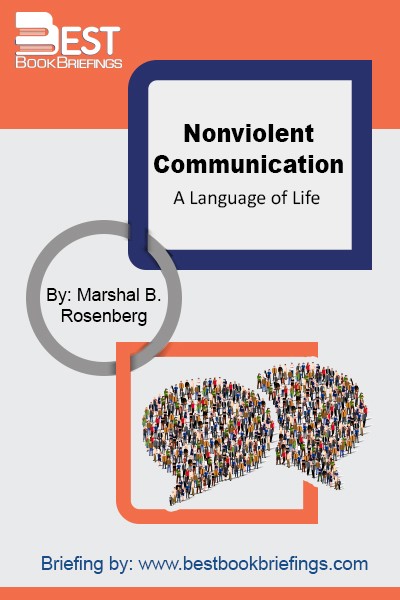Nonviolent Communication
A Language of Life
Editorial Review
What happened to disconnect us from our compassionate nature, leading us to behave violently and exploitatively? And conversely, what allows some people to stay connected to their compassionate nature under even the most tiring circumstances? While studying the factors that affect our ability to stay compassionate, Ph.D. Marshall B. Rosenberg was struck by the crucial role of language and our use of words. He identified a new approach to communicating - both speaking and listening—that leads us to give from the heart, connecting us with ourselves and with each other in a way that allows our natural compassion to flourish. This approach is called Nonviolent Communication (NVC).
Book Reviews
Books on Related Topics
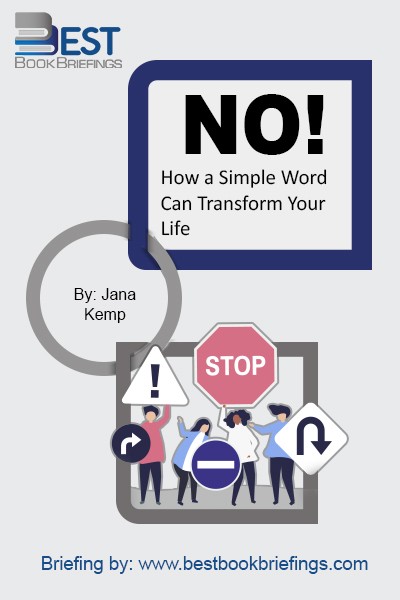
We have all done it. Been indecisive when a decision was called for, said yes when we meant to say no, and found ourselves out of time, out of energy, and out of sorts. It's time to stop being indecisive and start making clear decisions. Why? Because it's not helpful, not
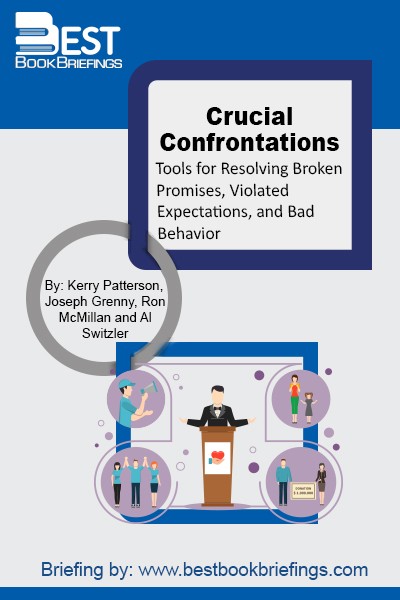
A crucial confrontation consists of a face-to-face accountability discussion. Someone has disappointed you and you talk to him or her directly. All crucial confrontations start with the question: Why didn’t you do what you were supposed to do? And they only end when a solution is reached and both parties are

When we write or speak a message, our egocentrism (interest in personal needs and wants) can cause us to believe that what we intend to convey is what others will interpret. Unfortunately, interpretation and intent don’t always match up. The gap between message sent and message received often determines fear, confidence,
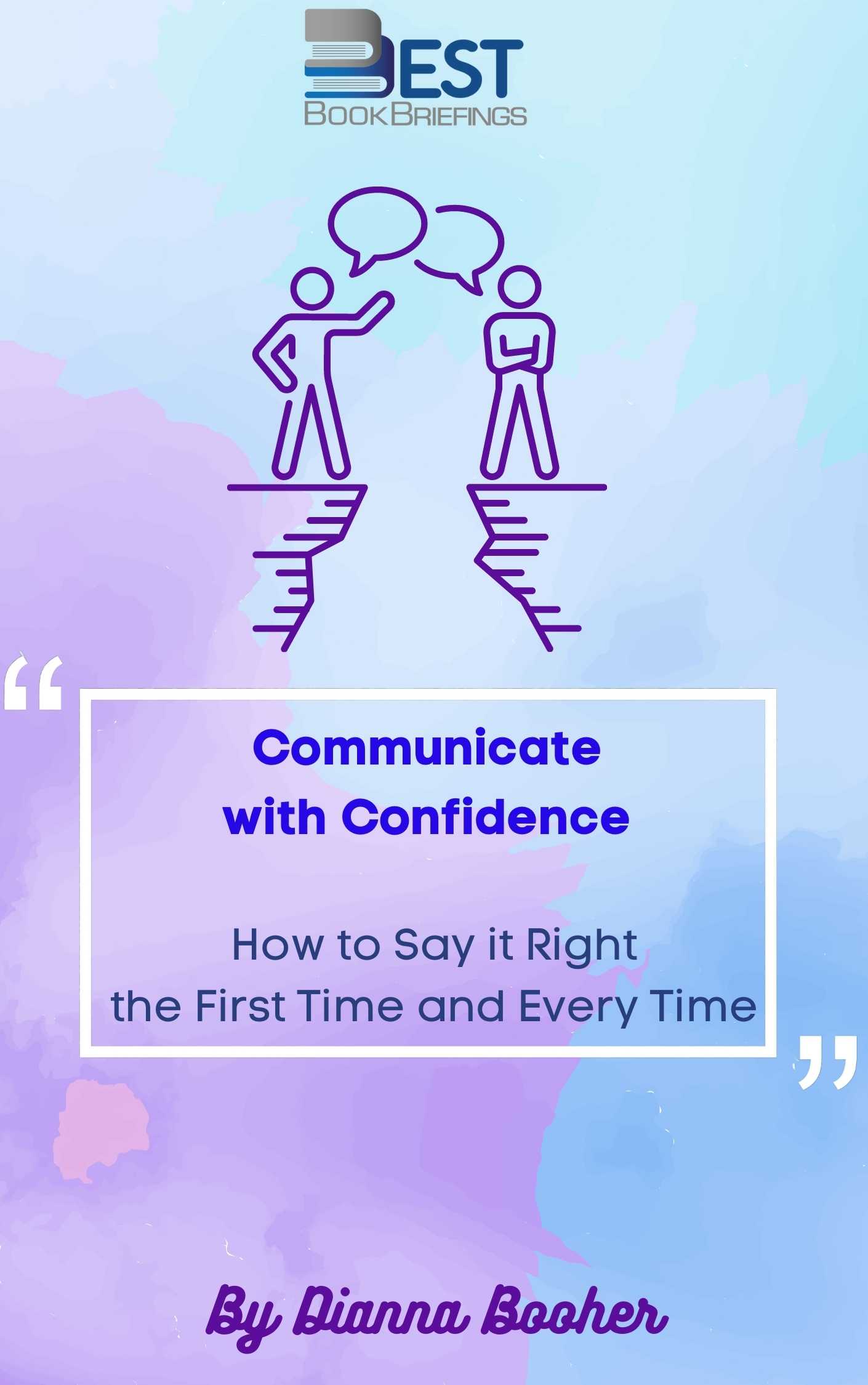
All successful professionals either realize that communication skills can increase their ability to lead more effectively or understand that poor communication habits are limiting their influence and results. Better communication is an essential ongoing process. Failure to communicate is the frustration of modern management. Over time, all relationships depend on the
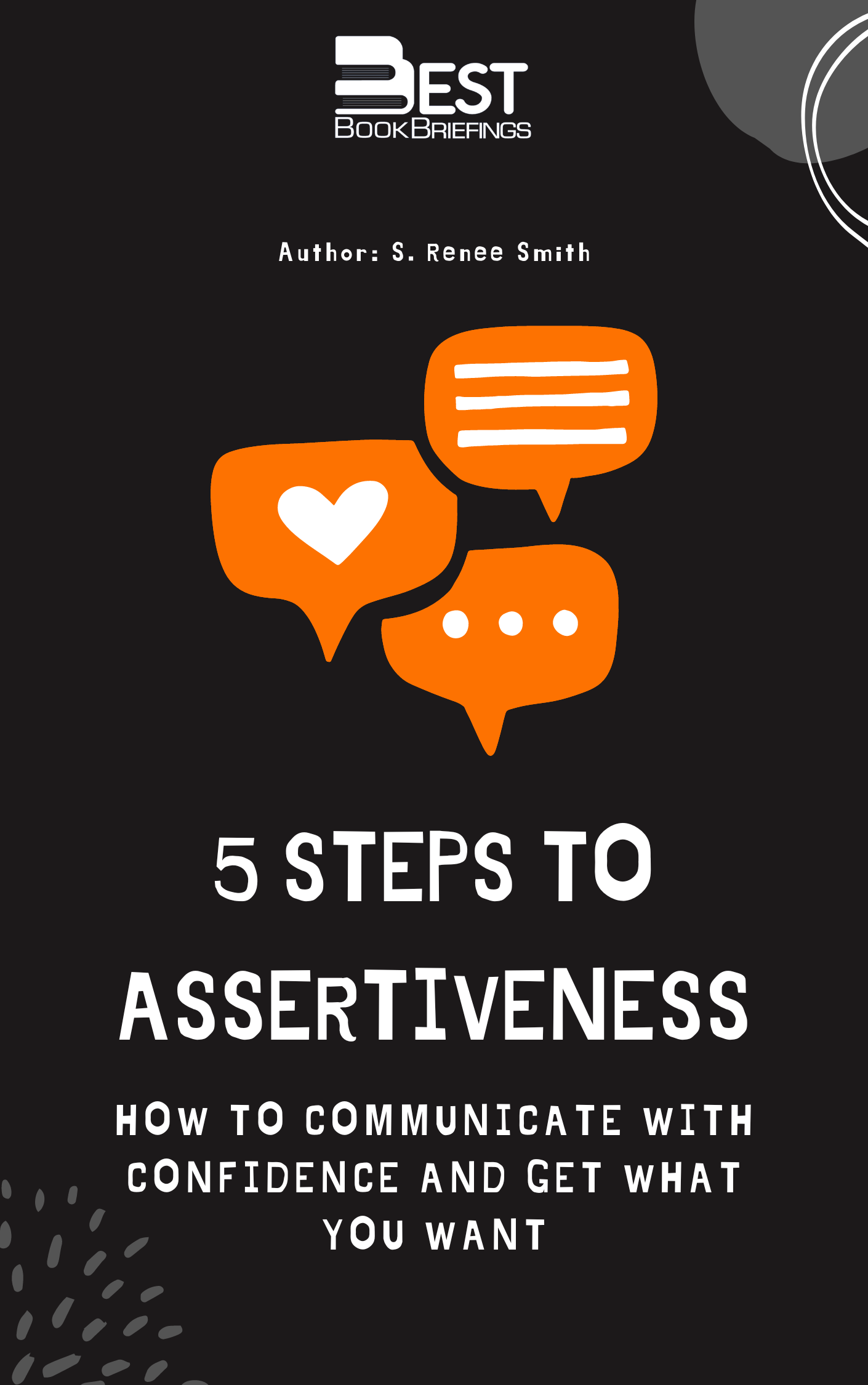
Assertiveness goes beyond standing up for yourself. Assertiveness is saying what you want in a way that makes others want to listen. This philosophy is at the heart of the self-development method created by nationally recognized self-esteem and communication expert S. Renee Smith. In 5 Steps to Assertiveness, the nationally recognized self-esteem
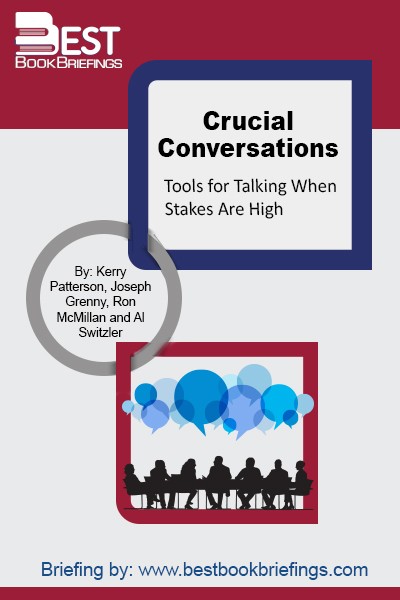
When people first hear the term “crucial conversation”, many conjure up images of presidents, emperors and prime ministers seated around a massive table while they debate the future of the world. Although it is true that such discussions have a wide-sweeping and lashing impact, they’re not the kind we have in
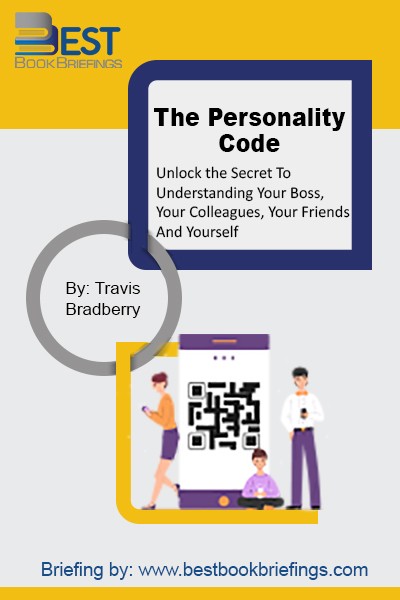
The assumption has always been made that the choices we make in life are based on the circumstances provided at the time of the choice. As much as it may feel that we are weighing out the facts in front of us, our actions are actually dictated by the motivations of
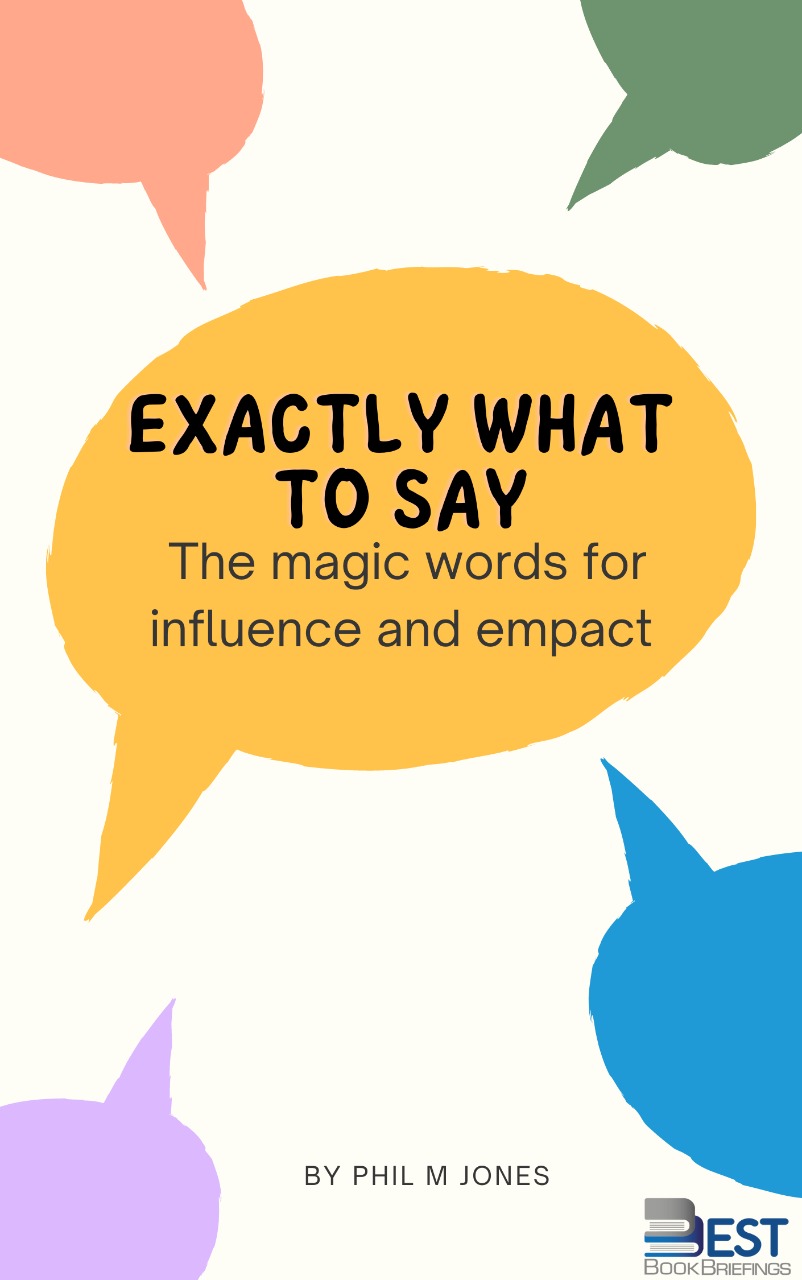
Often the decision between a customer choosing you over someone like you is your ability to know exactly what to say, when to say it, and how to make it count. Phil M. Jones has trained more than two million people across five continents and over fifty countries in the lost
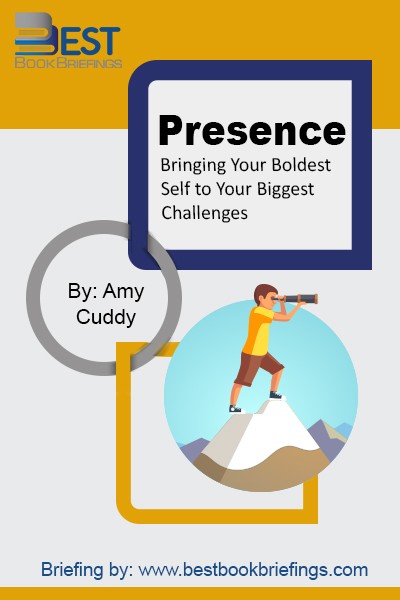
Presence is the state of being attuned to and able to comfortably express our true thoughts, feelings, values, and potential. That's it. It is not a permanent, transcendent mode of being. It comes and goes. It is a moment-to-moment phenomenon. Presence emerges when we feel personally powerful, which allows us to
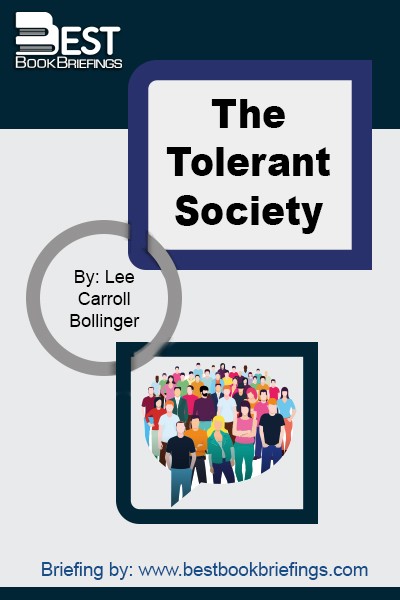
Bollinger provides a masterful critique of the major theories of freedom of expression, finding these theories persuasive but inadequate. Buttressing his argument with references to the well-known Skokie case and many other examples, as well as with a careful analysis of the primary literature on free speech, he contends that the

